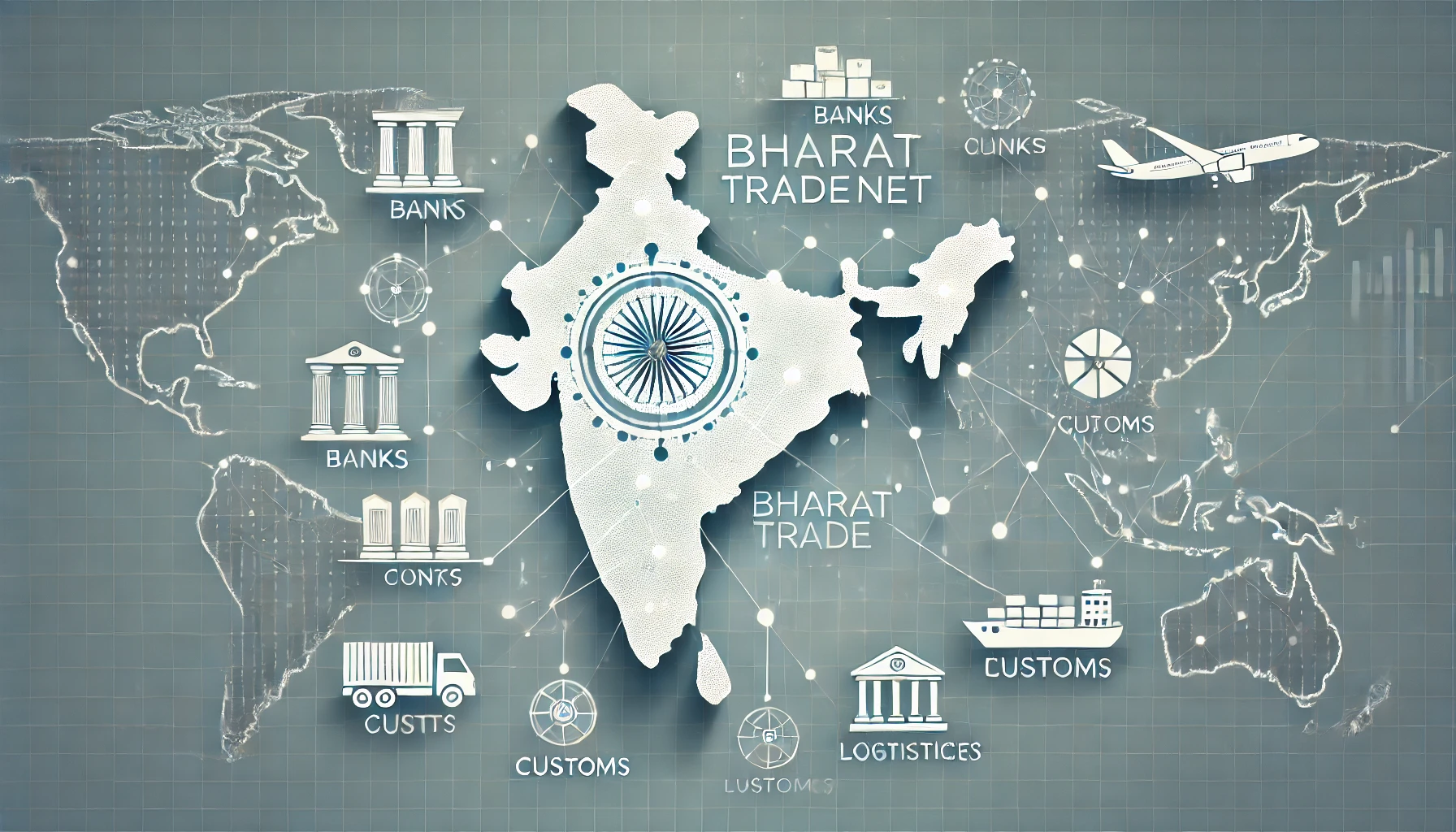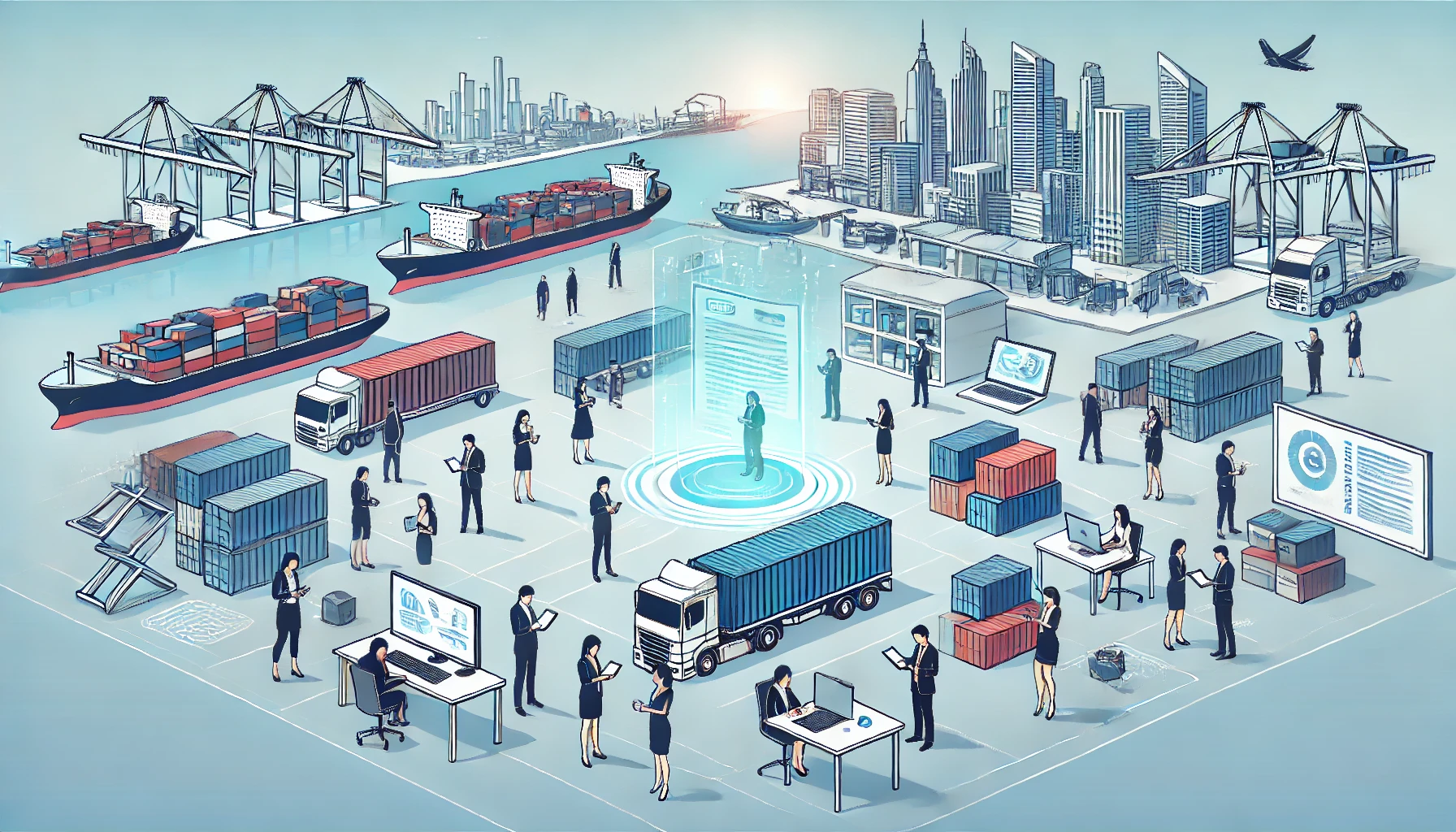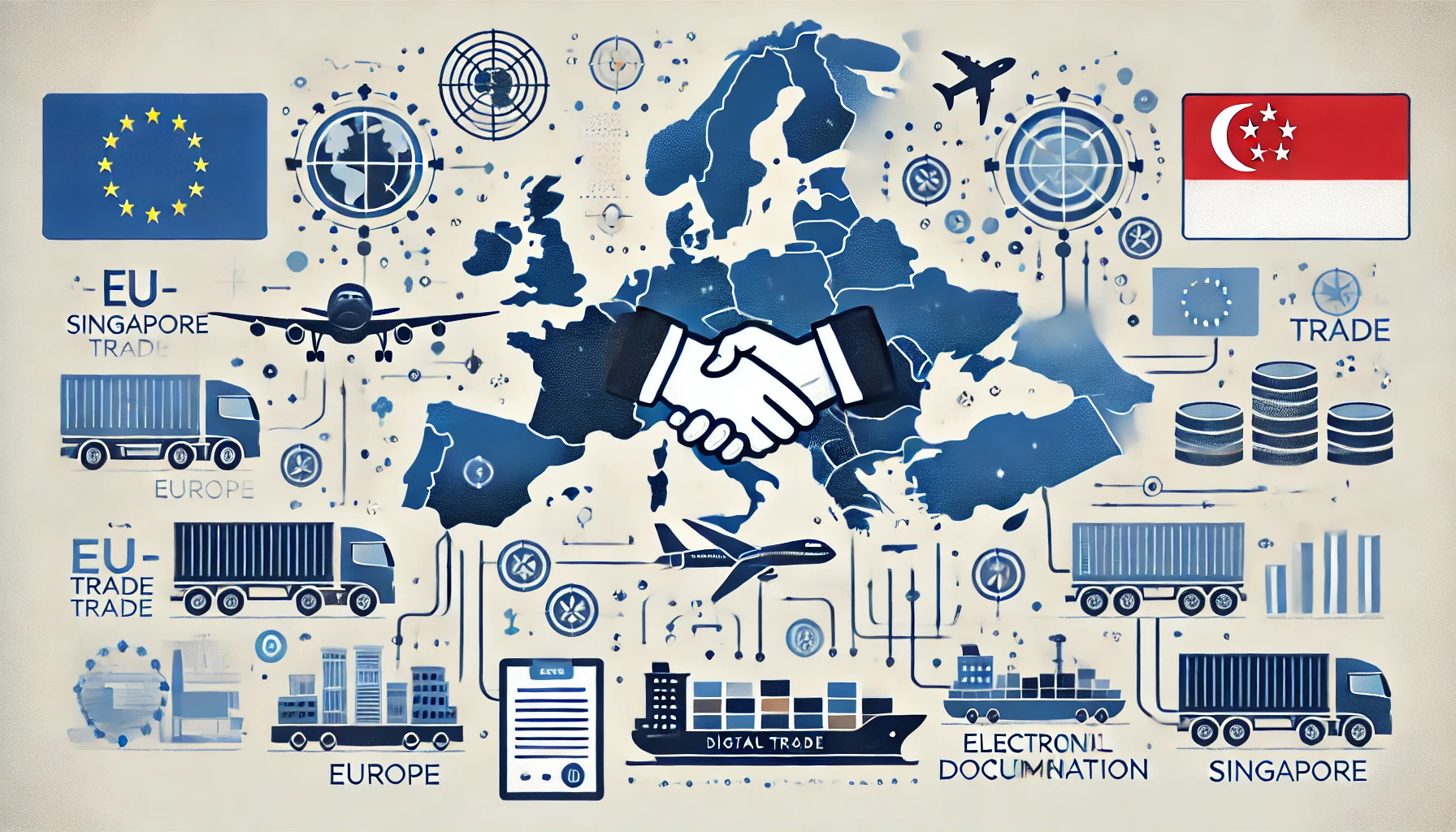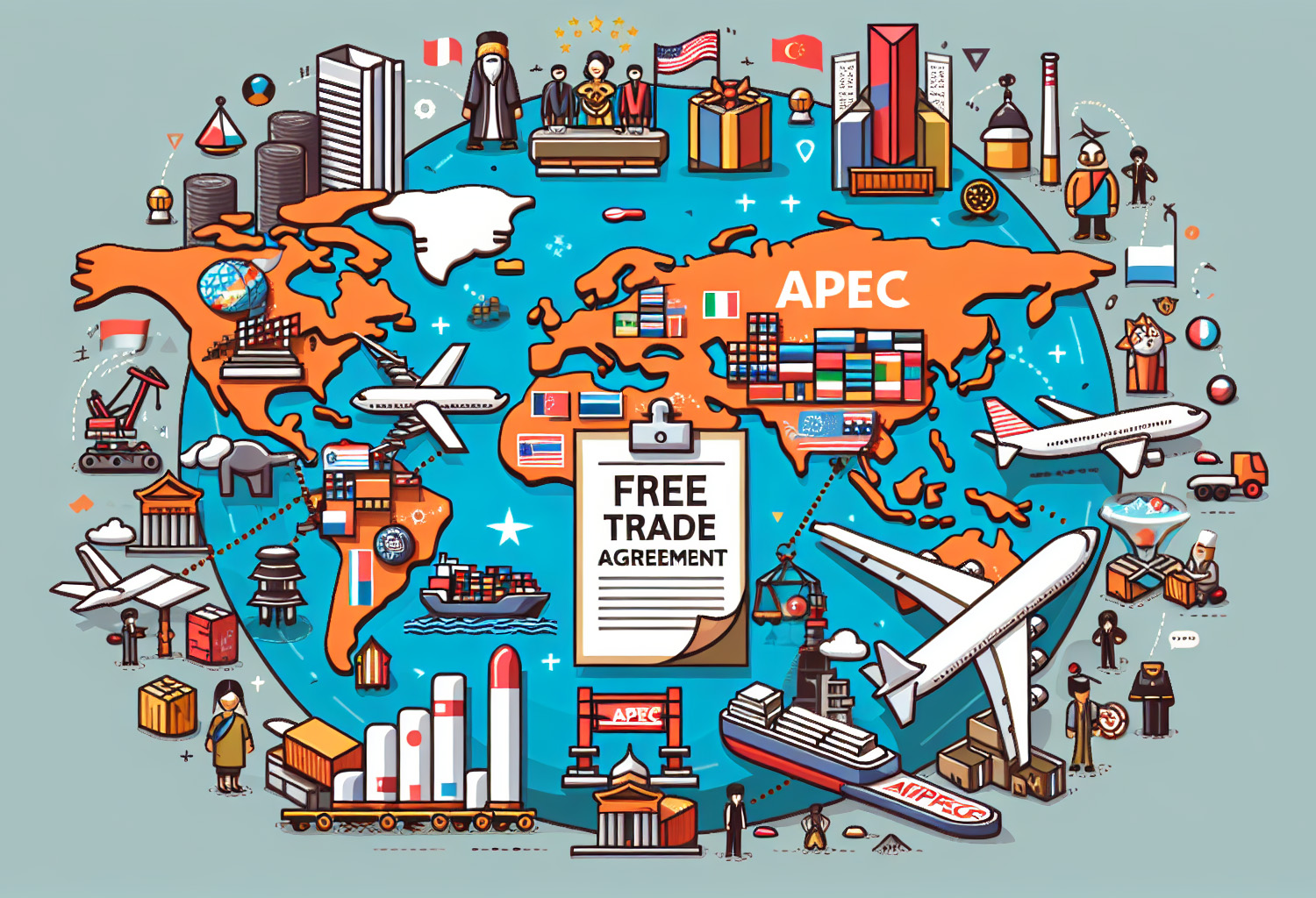MLETR
-
Navigating the Intersection of International Trade Law and Global Data Governance: Challenges and Strategies

In an era where data has become the backbone of economic growth and innovation, the intersection of international trade law and global data governance presents both opportunities and challenges. The growing digital economy relies heavily on cross-border data flows, yet regulatory frameworks vary significantly across jurisdictions. As countries implement data protection, cybersecurity, and competition laws, Read more
-
In today’s rapidly evolving digital economy, the integration of trade and finance has the potential to create a more inclusive, efficient, and resilient global marketplace. However, fragmentation, interoperability challenges, and financing gaps, particularly for small and medium-sized enterprises (SMEs), continue to pose significant barriers to achieving this vision. The report highlights key challenges and opportunities Read more
-
Australia’s ambition to become a leading digital economy by 2030 requires comprehensive modernization of its trade and finance systems. The shift to a digital economy will involve leveraging emerging technologies, aligning with global standards, and implementing key legal frameworks. This article explores how Australia can achieve this vision, emphasizing legal reforms, technological innovations, and the Read more
-
Digital Trade Milestone: EU Strengthens Global Cooperation Through WTO Framework

On February 6, 2025, the European Commission unveiled a groundbreaking Council Decision to establish the EU and Member States’ position for upcoming WTO negotiations. This decision aims to amend Annex 4 of the WTO Agreement, addressing the Agreement on Electronic Commerce and setting the stage for the first global framework governing Digital Trade. The proposed Read more
-
India Plans to Sets Up a Dedicated Agency to Digitalise Trade Documents and Finance

The Indian government has announced plans to establish BharatTradeNet, a unified digital platform for trade documentation and financing, modeled after UPI (Unified Payments Interface). This initiative, revealed in the Budget speech by Finance Minister Nirmala Sitharaman, aims to digitize trade documentation, streamline agency interactions, and improve export credit access. Key Highlights of BharatTradeNet: Timeline & Read more
-
A Path to Paperless Trade: Analysing the Legal Gaps and Economic Benefit of Adopting or Maintaining a Legal Framework that Takes into Account the MLETR

APEC has an opportunity to realise the significant benefits arising from paperless trade in the region. APEC wide adoption of the UNCITRAL Model Law on Electronic Transferable Records (MLETR), or equivalent arrangements, can help to achieve this. The benefits of moving along this path to paperless trade are significant – estimated to be as high Read more
-
EU-Singapore Digital Trade Agreement Embraces MLETR for Digital Trade Efficiency

BRUSSELS, 31 January 2025 – The European Union and the Republic of Singapore plan to extend a pioneering digital trade agreement incorporating key elements of the Model Law on Electronic Transferable Documents (MLETR) developed by the United Nations Commission on International Trade Law (UNCITRAL) as a step to modernise cross-border trade. MLETR Integration in the Read more
-
Micro, Small, and Medium Enterprises (MSMEs) are widely recognized as engines for growth and inclusion, particularly in EMDEs (namely Bangladesh, Republic of China, India, Kazakhstan, Mongolia, Pakistan and Vietnam). They play a crucial role in fostering economic development by creating jobs, stimulating innovation, and driving competition. In most EMDEs, MSMEs constitute a significant portion of Read more
-
Study on Convergences and Divergences of Free Trade Agreements in the APEC Region

This report has been prepared pursuant to the project “Study on Convergences and Divergences of Free Trade Agreements in the APEC region”, which consists of conducting a study to compare the content of the following Regional Trade Agreements/Free Trade Agreements (RTA/FTAs): The objective of the study is to discuss areas of convergence and divergence across Read more
-
The recent announcements by ICE Digital Trade (formerly essDOCS) and IQAX enabling interoperability for electronic transferable documents represent a significant step forward in the digital transformation of trade finance. These developments allow electronic bills of lading to be seamlessly transferred across approved systems, reducing complexity and fostering efficiency across global supply chains. Why is this Read more




